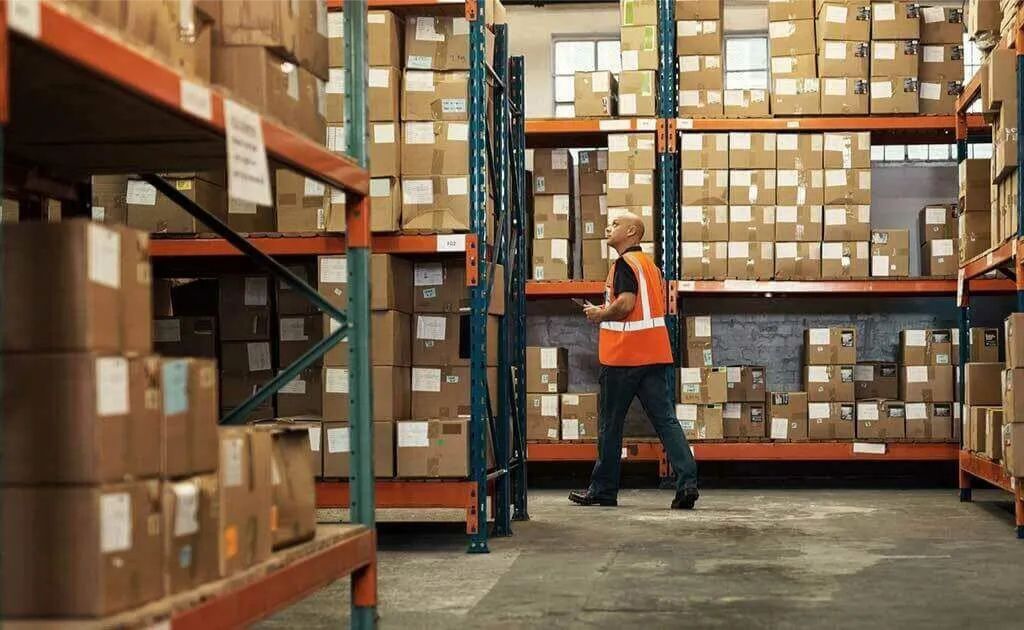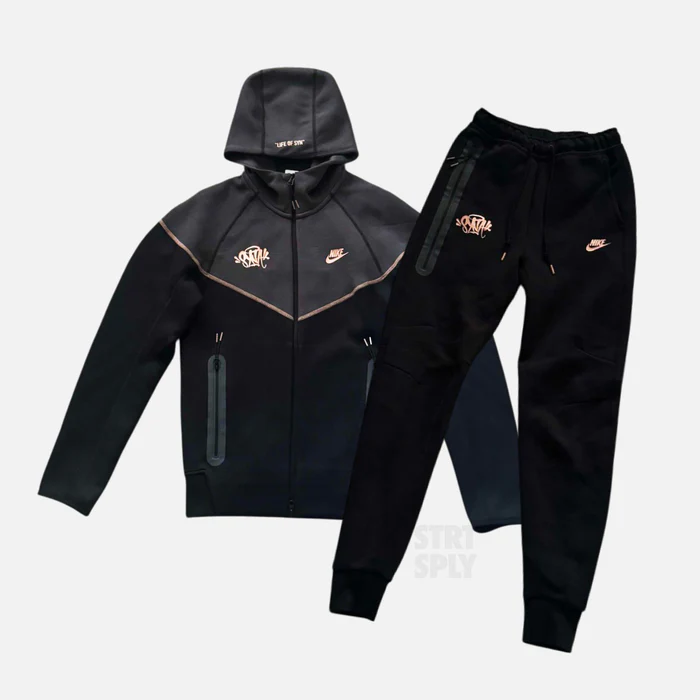Wholesale distributors play a critical role in the global economy by acting as intermediaries between manufacturers and retailers or end users. They ensure that products move efficiently through the supply chain, offering a vital link that drives commerce across industries. This article delves into the concept of wholesale distribution, its benefits, key sectors, challenges, and tips for selecting the right Distributors for your business.
What Are Wholesale Distributors?
Wholesale distributors purchase large quantities of products directly from manufacturers and sell them in smaller amounts to retailers, resellers, or sometimes even directly to consumers. They typically operate warehouses where inventory is stored and managed. The goal is to provide a seamless distribution process that reduces costs, saves time, and ensures the availability of goods in various markets.
Key Benefits of Wholesale Distributors
- Cost Efficiency: Wholesale distributors buy in bulk, allowing them to negotiate better prices from manufacturers. These savings are often passed down to retailers, enabling competitive pricing in the market.
- Streamlined Supply Chains: By managing inventory and logistics, distributors simplify the supply chain for manufacturers and retailers. This helps businesses focus on core operations like production and sales.
- Market Accessibility: Distributors often have extensive networks that help manufacturers reach new markets without incurring significant marketing or logistical expenses.
- Reduced Storage Needs: Retailers can rely on distributors to store products, reducing their need for large storage spaces and minimizing overhead costs.
- Variety and Availability: Distributors typically offer a wide range of products, enabling retailers to source everything they need from a single supplier.
Major Sectors Served by Wholesale Distributors
- Food and Beverage: Distributors in this sector manage the flow of perishable and non-perishable goods, ensuring they reach retailers in fresh and consumable conditions.
- Consumer Electronics: This includes distributing smartphones, laptops, home appliances, and other tech products to retail outlets.
- Fashion and Apparel: Distributors connect clothing and accessory manufacturers with stores, handling seasonal demands and rapid inventory turnover.
- Pharmaceuticals: Ensuring timely delivery of medications and medical supplies is critical in this sector, making distribution a key component of healthcare.
- Industrial Goods: Wholesale Distributors Usa supply machinery, tools, and other industrial equipment to businesses across various sectors.
Challenges Faced by Wholesale Distributors
- Inventory Management: Maintaining the right balance of stock to meet demand while avoiding overstocking is a constant challenge.
- Logistics and Transportation: Rising fuel costs, regulatory changes, and supply chain disruptions can affect the timely delivery of goods.
- Technological Adaptation: Keeping up with innovations like inventory management software and automation tools requires investment and expertise.
- Market Competition: The rise of direct-to-consumer models and e-commerce platforms has increased competition, putting pressure on traditional distribution methods.
- Economic Fluctuations: Changes in the economy, such as inflation or recessions, can impact demand and profitability.
Tips for Choosing the Right Wholesale Distributor
- Evaluate Reputation: Research potential distributors by reading reviews, checking references, and assessing their track record in the industry.
- Understand Product Offerings: Ensure the distributor’s inventory aligns with your business needs and includes a variety of high-quality products.
- Check Pricing and Terms: Compare pricing structures, payment terms, and discounts offered by different distributors to find the best deal.
- Assess Logistics Capabilities: A good distributor should have reliable logistics, including timely deliveries, proper handling of goods, and tracking systems.
- Consider Location: Proximity to your business can reduce transportation costs and lead times, making the distributor’s location an important factor.
- Look for Value-Added Services: Some distributors offer additional services like marketing support, training, or extended payment plans that can benefit your business.
Trends in Wholesale Distribution
- E-commerce Integration: Many distributors are adopting e-commerce platforms to streamline operations, improve customer experience, and expand their reach.
- Sustainability Practices: Eco-friendly packaging, energy-efficient warehouses, and reduced carbon footprints are becoming priorities for distributors.
- Use of Data Analytics: Advanced analytics help distributors forecast demand, optimize inventory, and enhance decision-making processes.
- Automation and AI: Automation in warehouses and the use of AI for route optimization and inventory tracking are revolutionizing the sector.
- Globalization: As businesses seek to expand internationally, Tire Rack Wholesale distributors play a crucial role in navigating complex global supply chains.
How Wholesale Distributors Benefit Small Businesses
- Access to Competitive Pricing: Small businesses can leverage distributors’ bulk purchasing power to obtain products at lower costs.
- Improved Product Range: Distributors provide access to a wide variety of products, enabling small businesses to diversify their offerings without significant investment.
- Flexible Quantities: Unlike manufacturers, distributors often allow smaller order quantities, making it easier for small businesses to manage inventory.
- Business Growth Support: With their expertise and resources, distributors can offer guidance and services that help small businesses grow and thrive.
Conclusion
Wholesale distributors are indispensable to the functioning of modern supply chains. They not only bridge the gap between manufacturers and retailers but also add value through their expertise, networks, and logistical capabilities. As businesses evolve and market demands change, the role of Wholesale Extracts Flavorfrenzy distributors continues to adapt, embracing technology and sustainability to meet the needs of a dynamic global economy. Whether you are a retailer or a manufacturer, understanding how to effectively work with distributors can unlock new opportunities and drive success in your industry.





